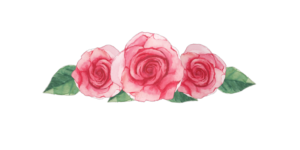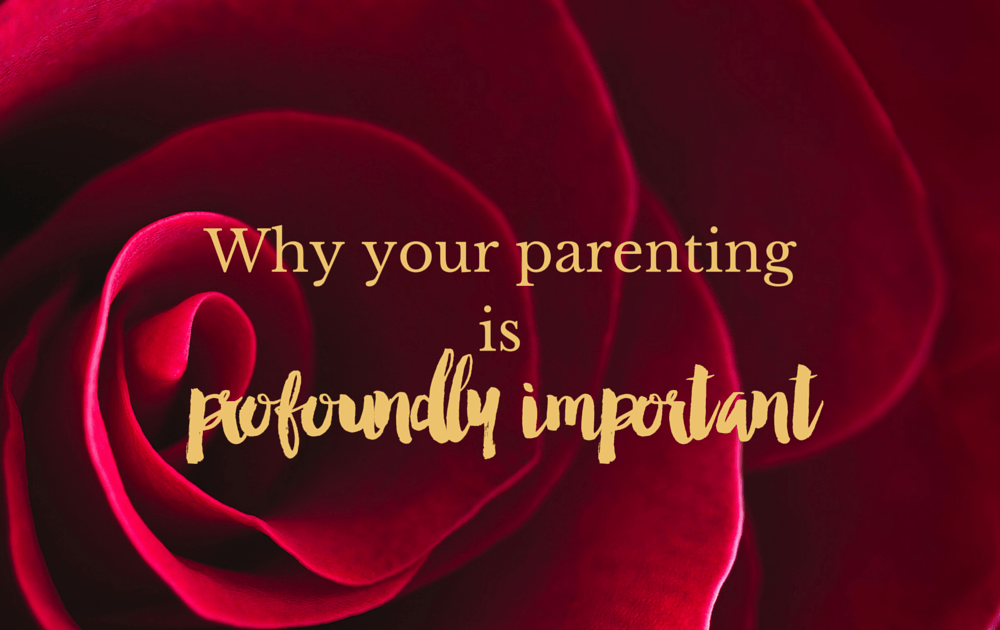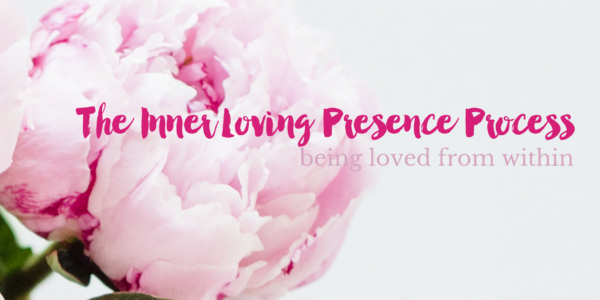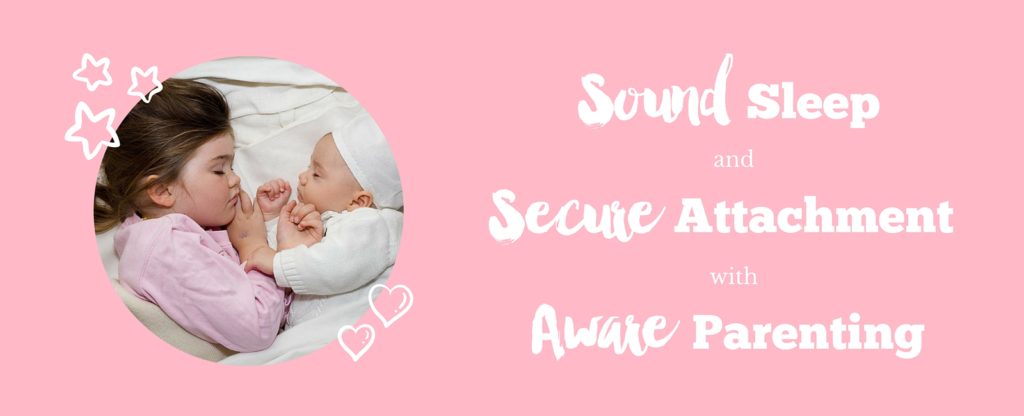Hello!
As I write this, I hear a little girl out in the street having a huge tantrum with her parents.
Children have really big feelings, and the way that we respond to those feelings has a very important impact on their future relationships.
I wonder if you’ve experienced times in your primary relationships where your partner did something, and the hurt and pain you felt was so big ~ bigger, in fact, than the situation seemed to warrant?
As human beings, we have this amazing healing mechanism.
When something in the present reminds us of something in the past that was painful, where those feelings were not expressed and heard by a loving listener, then the feelings from the past will come up TO BE HEARD THIS TIME.

And it’s in romantic relationships where this is MOST likely to happen.
The combination of the closeness, physically and emotionally,
with the painful situation,
provides the balance of attention for us to go into those big feelings.
But because we don’t always understand that healing is trying to happen, we often believe that those big feelings are all about the present situation.
And that can lead to all kinds of challenging scenarios.
I wonder if you reflect back on your romantic relationship/s, whether you recall those kinds of incidents?
You may even see some threads; similar kinds of scenarios; similar kinds of feelings that you felt, even in different relationships.
I can see that clearly in my past relationships.

With one boyfriend, we went to Russia after a few months of being together.
We both hit some big sweet spots. He retreated.
And it was the combination of the sudden loss of connection, and being in a really cold cold place, where, as a vegetarian, there was hardly any food that I could eat – all combined to the ‘mother’ of all sweet spots.
I felt such a desolate desperate loneliness. A ravaging sense of loss and grief.
In retrospect, I realised that those feelings didn’t actually stem from that situation.
Yes, it was natural to feel sad, but the depth of those feelings tell me that they stemmed from my past – like losing the closeness of being in my Mum’s womb and suddenly being in an incubator for 5 weeks, and other separations in my childhood.
The feelings I had in Russia exactly fit the feelings of a newborn baby, alone and not ever knowing if that would ever change.

But even though he and I met doing our psychotherapy training, I didn’t know what I know know.
I’ve learnt, through being a mother myself, what a huge amount of big feelings children have, even if they don’t experience trauma.
How much they need to cry and have tantrums and for us to listen to them lovingly so that they can release their painful feelings.
I’ve learnt, through studying Nonviolent Communication for the past 14 years, how healing empathy is.
And I’ve developed my own Inner Loving Presence Process, which helps me heal old painful experiences.
This morning, I went back to that experience in Russia and did my Inner Loving Presence Process.
To one particular moment, when I was sitting in that cold chalet, eating yet more potatoes, and feeling such desolate loss.
I took my Inner Beloved to that 24 year old me, and went through the process of listening to her.
And I felt the deep and profound relief of being heard.

I notice in myself, and in many mothers I know and have met, that these sweet spots can often come up after we give birth.
Not receiving enough support from our partners can often also stimulate memories of not receiving enough support as babies.
If we were left alone to cry or not held much, or our needs weren’t met in other ways, those memories can come up particularly strongly when we have our own baby in our arms.

So what can we do as parents to help our children have fewer painful experiences like this in their adult relationships?
Here are a few suggestions:
1. Doing our own inner work of healing ~ the more we heal our own hurts, the less we are likely to act in harsh ways to our children and the less we are likely to see them through the lens of our own childhood.
When we have a big reaction in response to something they have done or haven’t done, it’s likely to be about our past, rather than about now;
2. When they have big reactions to apparently small things, to stay with them and their feelings, rather than trying to distract them or get harsh.
If they have a huge cry when their favourite pyjamas are in the wash, stay with them and their feelings. The crying is probably not about the pyjamas – it’s probably about a past hurt that they haven’t expressed. And whatever part of the feelings IS about the pyjamas, you are listening compassionately to that too.
3. Valuing and listening to their needs, and talking about feelings and needs in the family.
The more they grow up with their feelings and needs valued, the more likely they are to be able to be clear about their feelings and needs in future relationships, and to be able to hear the feelings and needs of their partner in compassionate ways too.
I’d love to hear if any of this resonates with you, and what you do to help your child/ren with their feelings and needs.

I’ve really found my Inner Loving Presence Process to be invaluable in helping myself heal from old sweet spots. CLICK HERE to find out more.
And my Sound Sleep and Secure Attachment with Aware Parenting course starts on Tuesday.
It’s often around sleep that the feelings of babies, children, and adults bubble up, so when sleep is challenging, listening to more feelings often makes a huge difference for everyone.
CLICK HERE to find out more.
Love,
Marion


